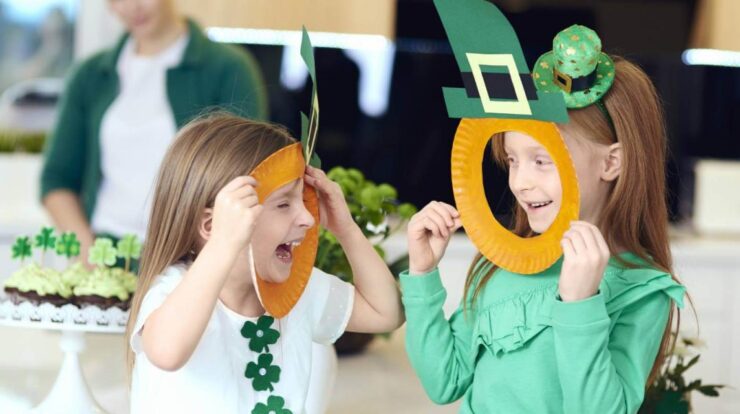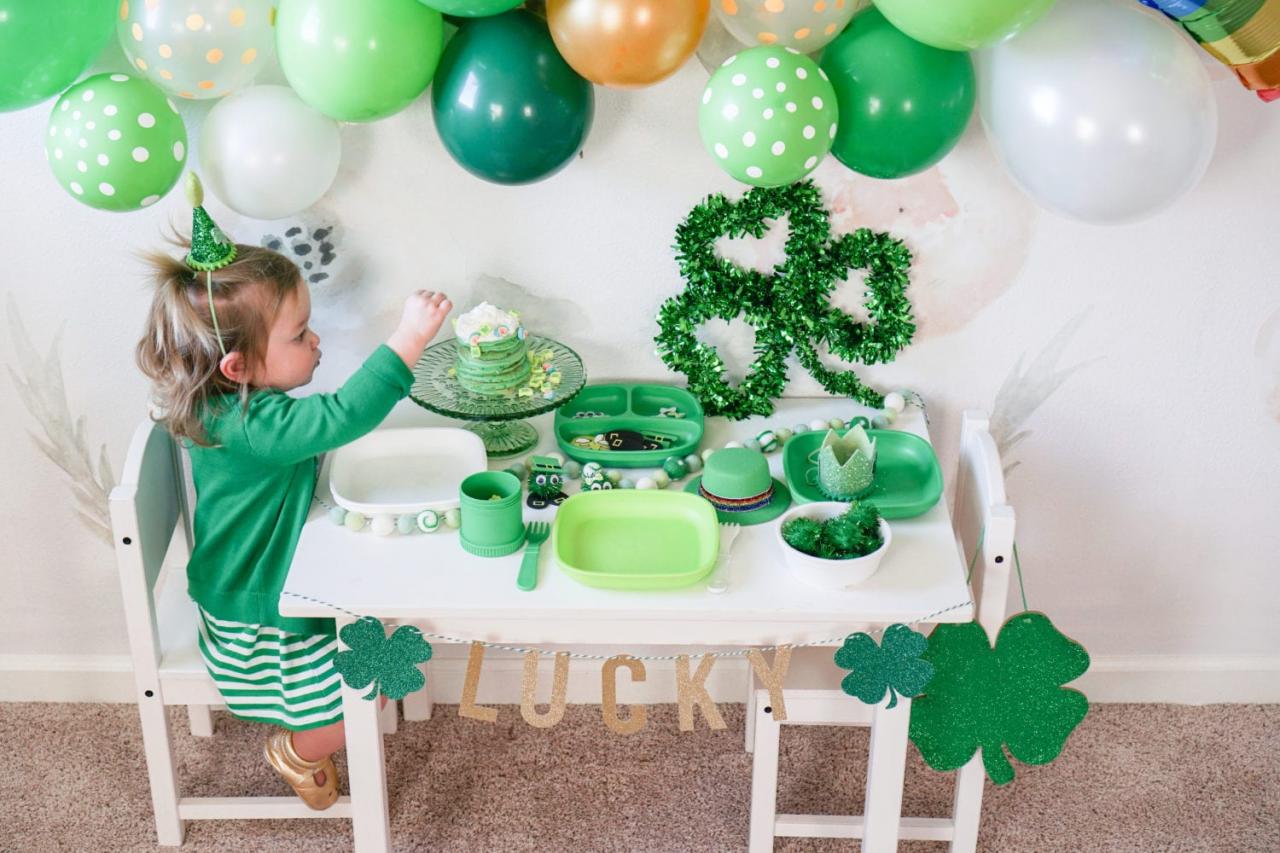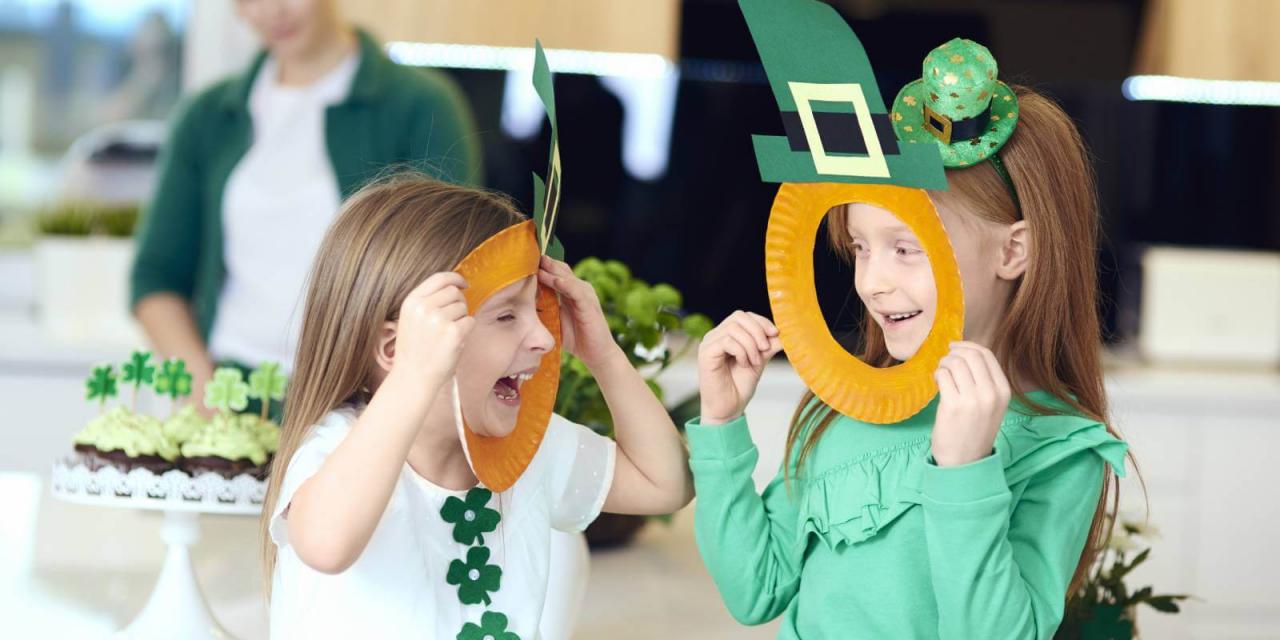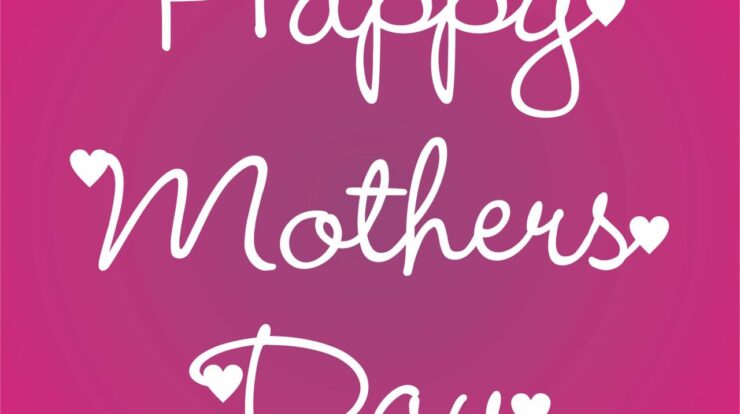
Netherlands King’s Day, a vibrant and colorful holiday celebrated annually on April 27th, is a testament to the rich history and deep-rooted traditions of the Dutch monarchy. Rooted in the birthday of King Willem-Alexander, this national holiday has evolved into a grand spectacle, drawing both locals and visitors alike to partake in its infectious revelry.
From the bustling streets of Amsterdam to the picturesque canals of The Hague, the Netherlands transforms into a sea of orange, as people don their finest attire in the national color. The day is marked by a myriad of traditional customs, including street markets, live music, and games, creating an atmosphere that is both festive and convivial.
Historical Origins of King’s Day

King’s Day in the Netherlands, celebrated on April 27th, has a rich history intertwined with the Dutch royal family. The holiday originated in 1885 as “Princess’s Day” to commemorate the birth of Princess Wilhelmina, who ascended to the throne in 1890 and became Queen Wilhelmina.
In 1949, Princess’s Day was renamed “Queen’s Day” to honor Queen Juliana, who succeeded her mother. When Queen Juliana abdicated in 1980, the holiday was again renamed “King’s Day” to mark the accession of her daughter, Queen Beatrix.
Traditional Customs and Festivities: Netherlands King’s Day

King’s Day is a vibrant celebration characterized by a plethora of customs and traditions. The most iconic symbol of the holiday is the color orange, representing the Dutch royal family, the House of Orange-Nassau. People adorn themselves in orange clothing, accessories, and makeup, and the streets are festooned with orange decorations.
Other popular customs include playing traditional games like “vogelschieten” (bird shooting) and “knuppelen” (log fighting). Families and friends gather in parks and public spaces for picnics, barbecues, and live music. The festivities also feature street markets where vendors sell a variety of goods, including souvenirs, crafts, and food.
Celebrations in Major Cities, Netherlands king’s day
Amsterdam
Amsterdam, the capital of the Netherlands, is the epicenter of King’s Day celebrations. The city center is transformed into a sea of orange, with street performers, DJs, and live bands entertaining the crowds. The canals are lined with boats decorated with orange flags and balloons, and people enjoy boat tours to witness the festivities from a unique perspective.
The Hague
The Hague, the seat of the Dutch government, hosts a variety of official events on King’s Day. The King and Queen attend a public reception at the Noordeinde Palace, and the traditional “vrijmarkt” (free market) takes place in the city center, where people can sell their used belongings or purchase unique items.
Other Major Cities
Other major cities in the Netherlands, such as Rotterdam, Utrecht, and Groningen, also host grand celebrations on King’s Day. Each city offers its own unique program of events, including concerts, parades, and fireworks displays.
Impact on Dutch Society
King’s Day is not only a national holiday but also a significant social and cultural event in the Netherlands. It fosters national unity and pride, bringing people together from all walks of life to celebrate their shared heritage.
The holiday also has a positive impact on the economy. The festivities attract tourists from around the world, boosting the hospitality and retail sectors. Additionally, the street markets provide a platform for local businesses to showcase their products and services.
International Recognition and Influence
King’s Day has gained international recognition and influence beyond the borders of the Netherlands. Similar celebrations have been adopted in other countries, including Curaçao, Aruba, and Suriname, which were once part of the Dutch Kingdom.
In some countries, such as the United States and Canada, Dutch communities organize their own King’s Day events, featuring orange-themed parties, parades, and cultural performances.
Contemporary Issues and Adaptations

King’s Day has evolved over the years to reflect changing social and cultural norms. In recent years, there has been a growing emphasis on sustainability, with many cities implementing measures to reduce waste and promote eco-friendly practices.
Social media has also played a significant role in shaping the holiday. People share their experiences, photos, and videos on platforms like Instagram and Facebook, creating a virtual community that extends beyond the physical celebrations.
Last Word
King’s Day serves as a beacon of national unity, fostering a sense of camaraderie among the Dutch people. Its economic impact is undeniable, with businesses experiencing a surge in activity and tourism flourishing during this festive period. The holiday’s international recognition and influence are also noteworthy, as it has been embraced and celebrated in various countries around the world.
Quick FAQs
What is the significance of the color orange on King’s Day?
Orange is the national color of the Netherlands and is associated with the Dutch royal family, particularly the House of Orange-Nassau.
What are some popular traditions associated with King’s Day?
Traditional customs include wearing orange, playing games, attending festivals, and enjoying street markets.
When is King’s Day celebrated?
King’s Day is celebrated annually on April 27th, which marks the birthday of King Willem-Alexander.





